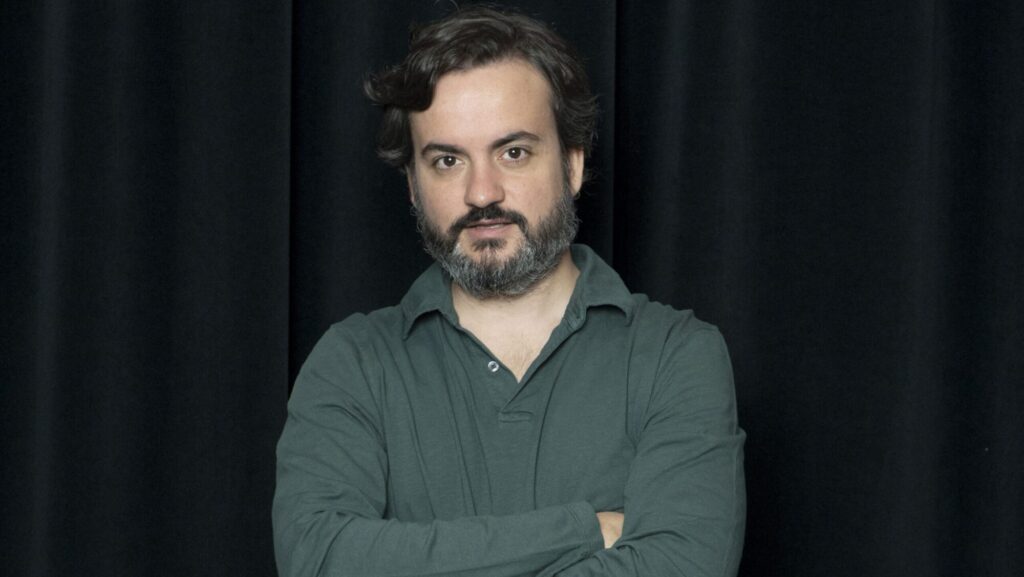
“The new Hispanists are spreading Russian propaganda that seeks to destroy the West”: An Interview with Javier Rubio Donzé
False Hispanism is based on totally unhinged ideologies ranging from toxic nationalism to Stalinist communism.

False Hispanism is based on totally unhinged ideologies ranging from toxic nationalism to Stalinist communism.

“After this research I had a much more visceral, almost literal, sense of religion and religious practice.”
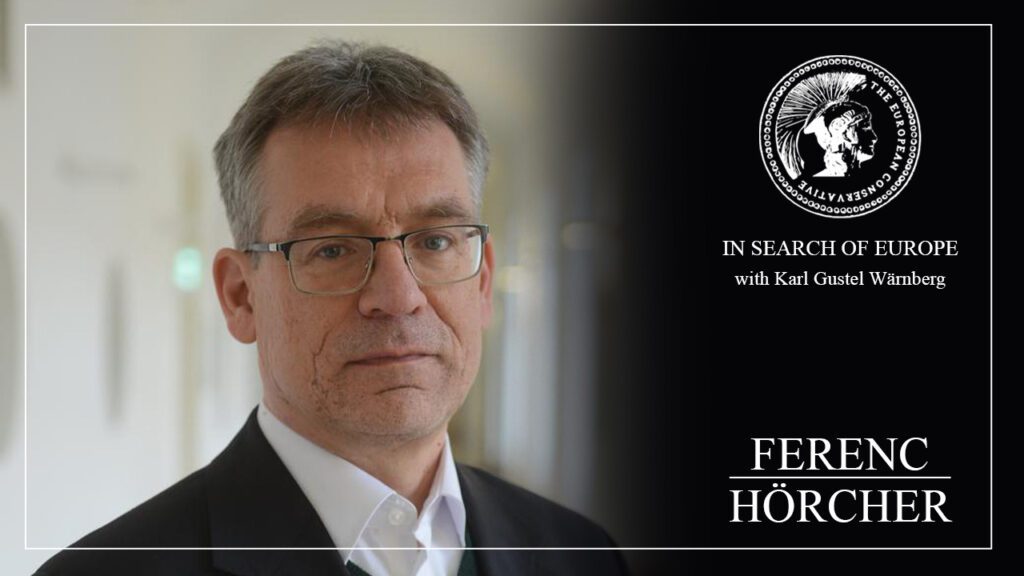
In this episode of ‘In Search of Europe,’ our series on the history of European thought and philosophy, host Karl Gustel Wärnberg talks with Ferenc Hörcher, a political philosopher and philosopher of art.
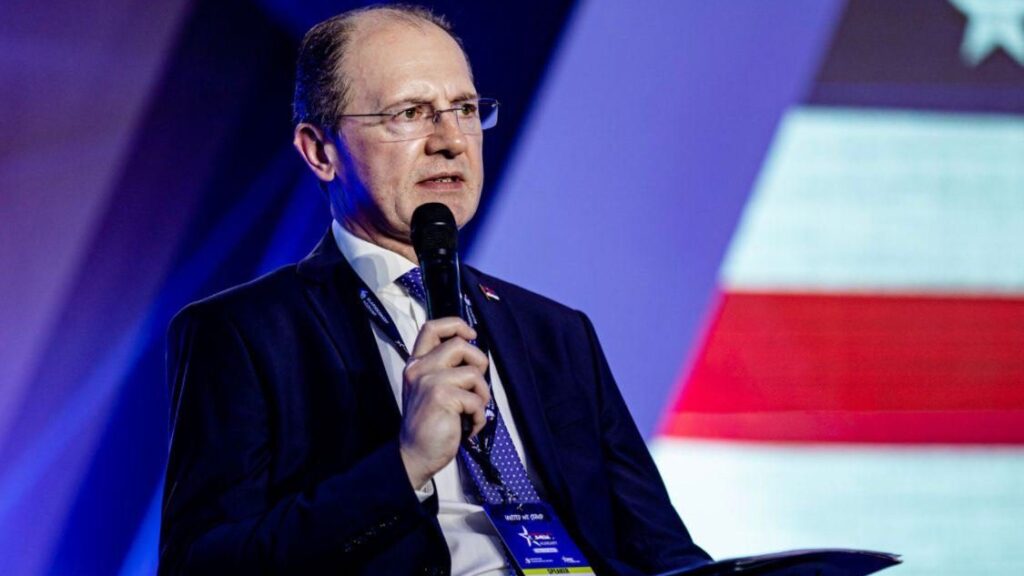
“We want a society of free and authentic people, just, safe, and orderly.”

“The internet isolates us. It allows us a godlike freedom to curate our sense of reality. Community flourishes when people have to rely not just on themselves but on each other to make sense of life.”
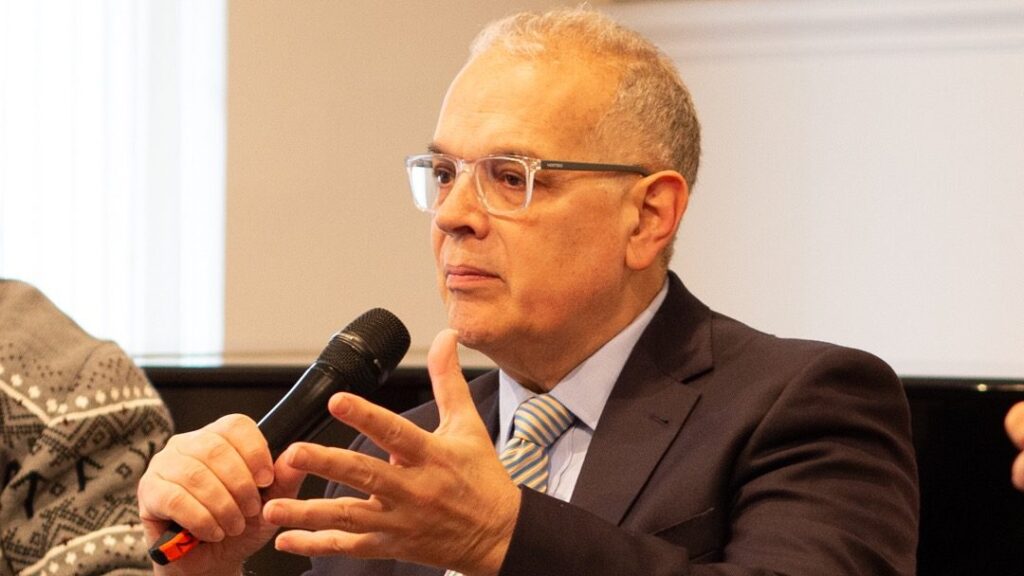
Migrants are exploited by mafias politically allied with the Left, and then used to create a conflict situation in the destination countries.
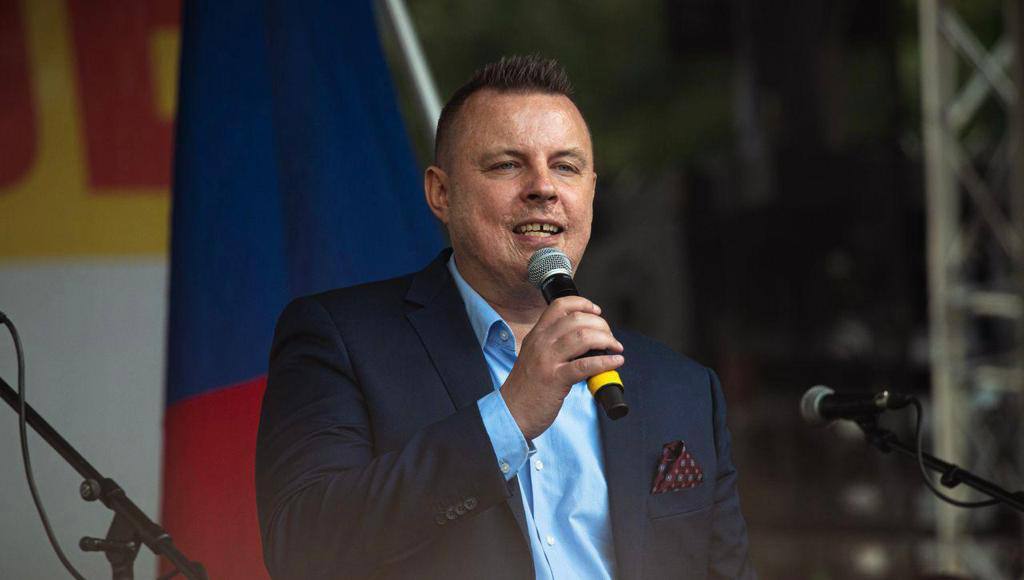
“Many of us want a government that stands first and foremost, and above all else, for Czech interests.”
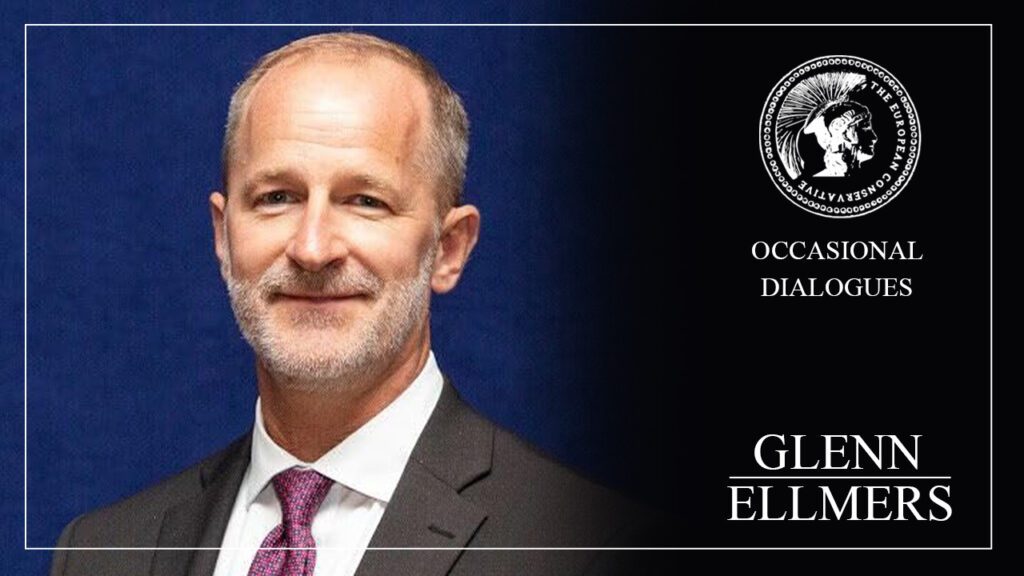
In this episode of “Occasional Dialogues,” Kurt Hofer interviews Glenn Ellmers. They discuss Ellmers’ new book, populism, political philosophy, and the need for a muscular Christianity instead of “liberalism with hymnals.”

There are those who are proud of their country and want it to prosper, and the globalists who do not want borders.
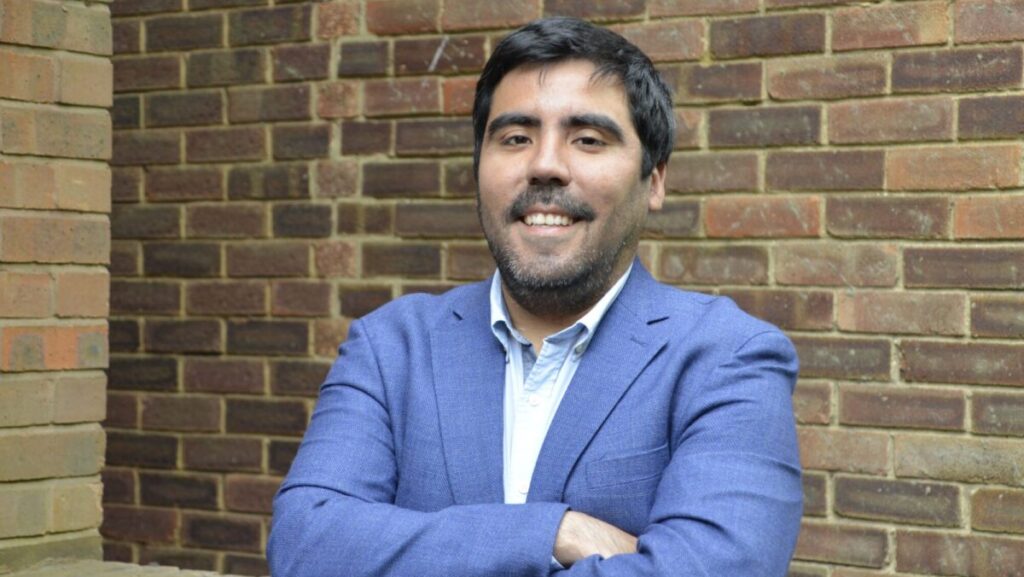
FROM THE FALL 2023 PRINT EDITION: Although it is not an element that appears explicitly, the idea of Hispanidad was at the centre of Jaime Guzmán’s political thought.
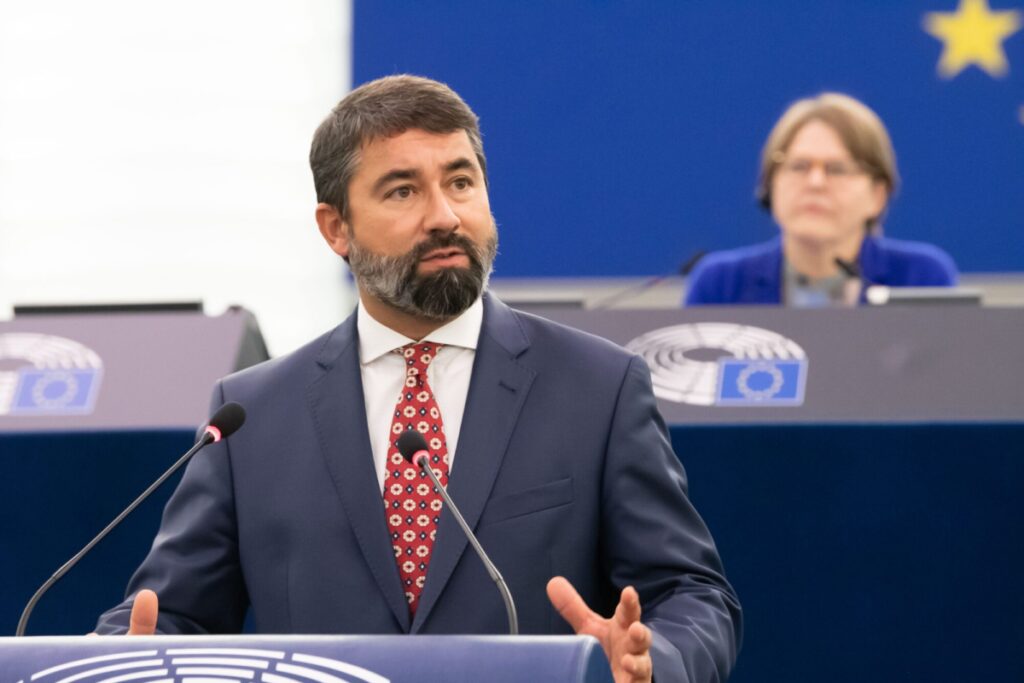
If the big political parties do not change their policies on a wide range of issues, such as the green agenda, economic competitiveness, or migration, they will see the consequences at the 2024 elections.

“Throughout the world, work has lost its centrality: finance, real estate, land income, and consumption have formed the fragile foundations of an unsustainable economic system.”
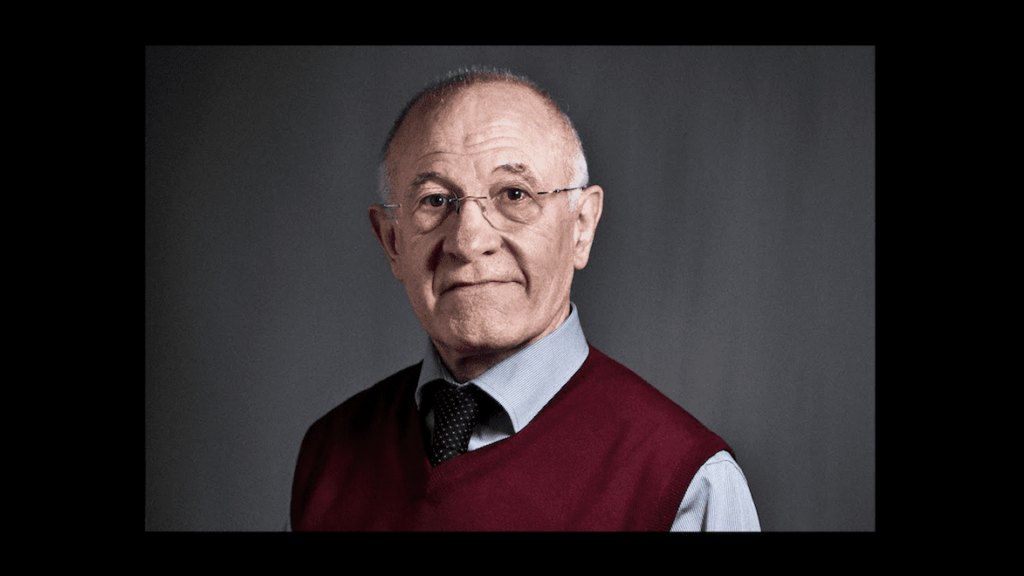
Many intellectuals express deep admiration for Islam. Yet, they would be horrified if Muslim customs were imposed on them.

Can a historical-critical lens affect how we understand early Islam, and what it means to be a Muslim today?
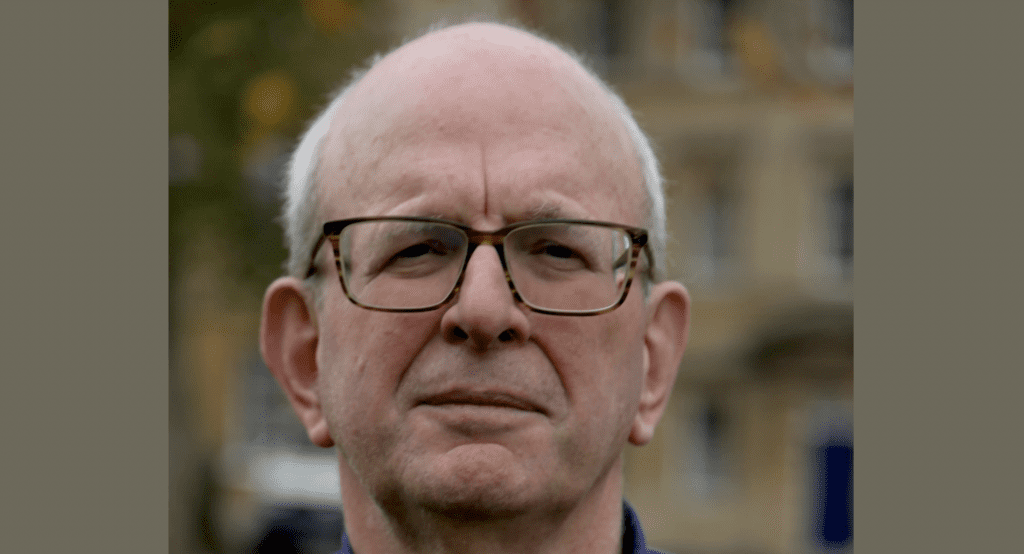
Modernity, in its rebellion against Christianity, embarked on a path to ruin. Unless the spirit of modernity perceives itself as being in a place of need, hostility towards Christian values will continue.

“It’s civil servants running the county at the minute. With the politicians being out of office, the health service is way behind with operations and cancer treatments. It’s all because they can’t agree, and it all comes down to Orange (Protestants) and Green (Catholics).”
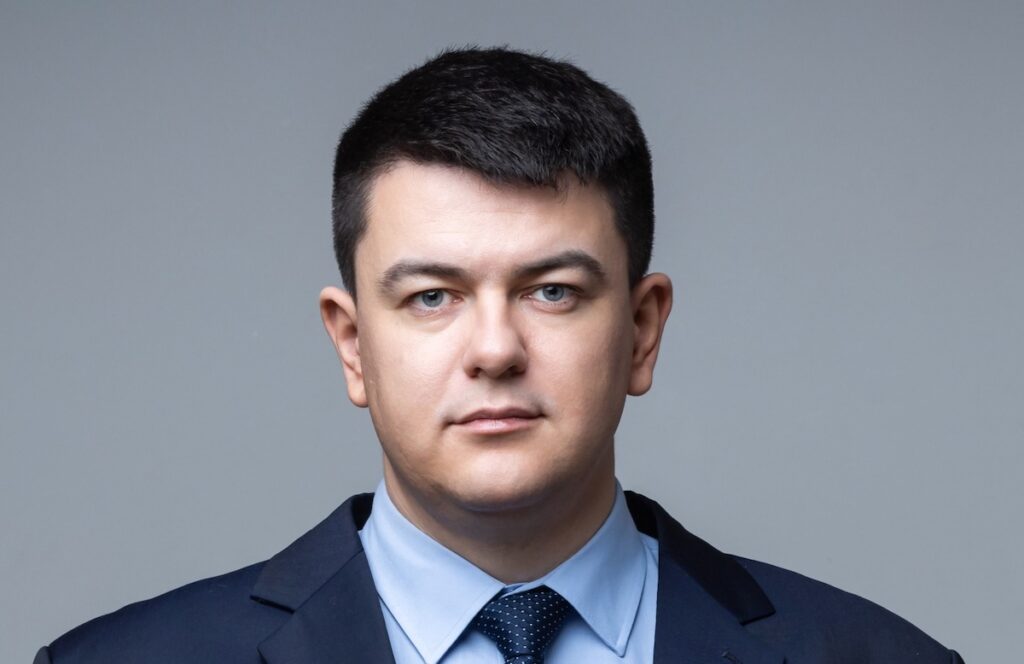
“We saw a need to create a solid, professional national conservative party.”
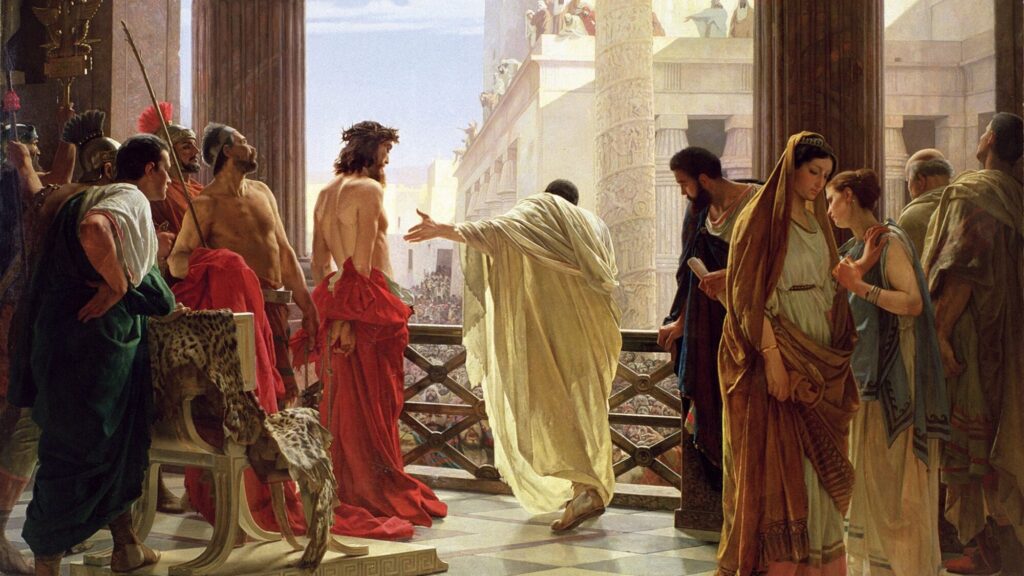
“We really can’t imagine the world without the drama of Jesus and Pilate,” the author said, exploring the ripple effects of history’s most influential trial.
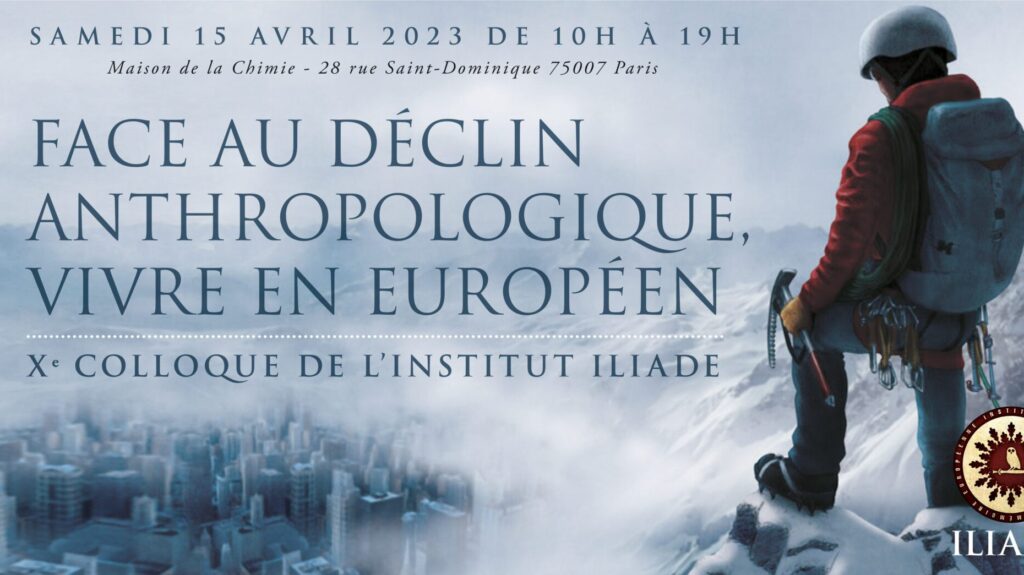
The best weapon for dealing with decline is integration into a community that offers an alternative to the artificiality and isolation that are increasingly affecting younger generations.
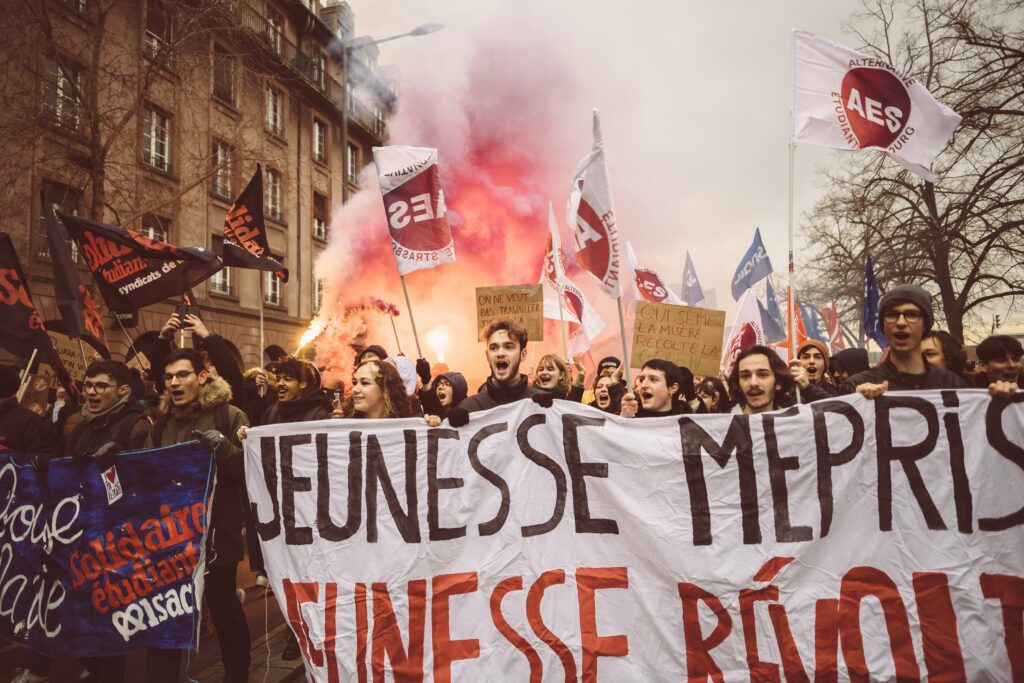
A symptom of the French penchant to riot or part of a broader collapse of the Fifth Republic? The European Conservative speaks to a participant of recent anti-Macron pension demonstrations to examine the movement’s causes, character, and future.
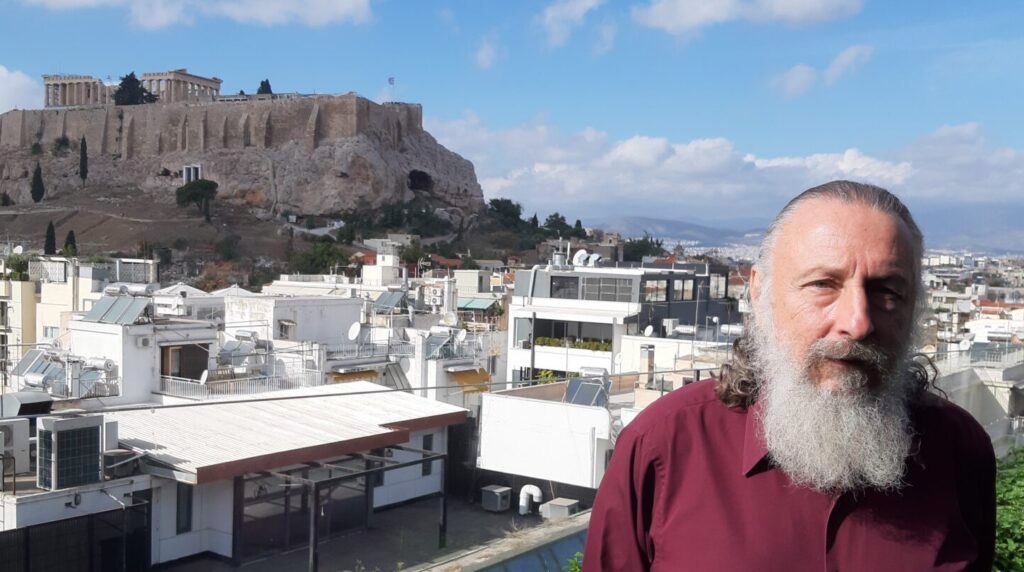
Whatever happens to Trump, he will continue to have that catalytic effect on the awakening of most Americans that the old republic simply doesn’t exist anymore, and we have to find a new path forward.

The greatest risk is that all human reproduction will be put in the hands of technology—that would be the end of the human being.